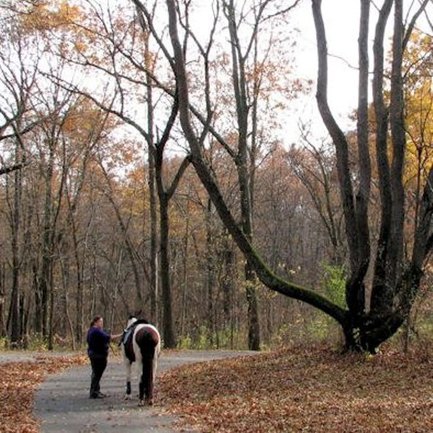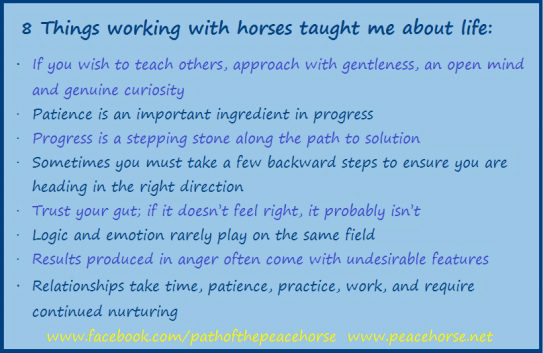 Photo Credit: Elizabeth Keesler Photo Credit: Elizabeth Keesler Many people watch me work with my horse, Farletta and wonder why can’t their horse be the same? By that I assume they mean the version of Farletta who stands quietly, follows willingly, rides without a bridle and responds to the slightest shift of weight in the saddle or the most subtle of visual cues from the ground; not the version of the Perfect Princess when she loses her patience and succumbs to the “Four P’s” – pacing, pawing, prancing and (inappropriate) peeing. What people don’t realize is it has taken years of work to get Farletta to be the horse she is today. And she is still learning, we both are. Sure, we have come a long way from the little mare who used to jump out of the arena, break her halter and run away, and lay down while I mounted her but it has taken hours upon hours of patience, consistency and flat out hard work. The change was gradual, it didn’t happen in six months or even a year – it is ongoing. Each time we crossed a hurdle, a new one would pop up. That is horse training. That is life. Training a great horse involves cultivating a great relationship. Taking the time to work through the (sometimes seemingly endless) problems, learning to communicate in a way your horse understands, learning to actively listen (not just seek to be heard), and always approaching the relationship with kindness and a gentle but firm hand. You will take great steps forward and at times you will stumble backwards. That is horse training. That is life. A horse is a living creature and just like people, they have different personalities, different learning styles, different physical capabilities and different mental capacities. It is your job to learn about your horse, how that horse thinks, how s/he learns, and how s/he communicates. Often behavioral problems stem from a lack of understanding on the part of the horse, and/or a breakdown in communication between the horse and handler. A horse that has been abused or is being re-purposed has a special set of circumstances. If the horse was in an abusive situation for many years or a non-abused horse moving from a completely different environment with a different set of “rules” (such as a racing environment) then you must not only build the relationship but you must undo the negative the horse has already learned. This won’t happen quickly, if it took five years for the horse to develop the bad habits and behaviors it has today; is it unreasonable to expect it to take as long to undo the damage? Building a relationship with your horse is a long term commitment. Just as in life, we all make mistakes and that is OK. This is how we learn. In a future post I will discuss different ways we can listen to what our horses are telling us. Until then, give your horse a carrot and a scratch on the neck from me.
0 Comments
Leave a Reply. |
AuthorCheryl L. Eriksen, MSW, Equine Enthusiast, EAGALA groupie and writer of interesting, educational and entertaining blog posts! Archives
April 2021
|

 RSS Feed
RSS Feed
